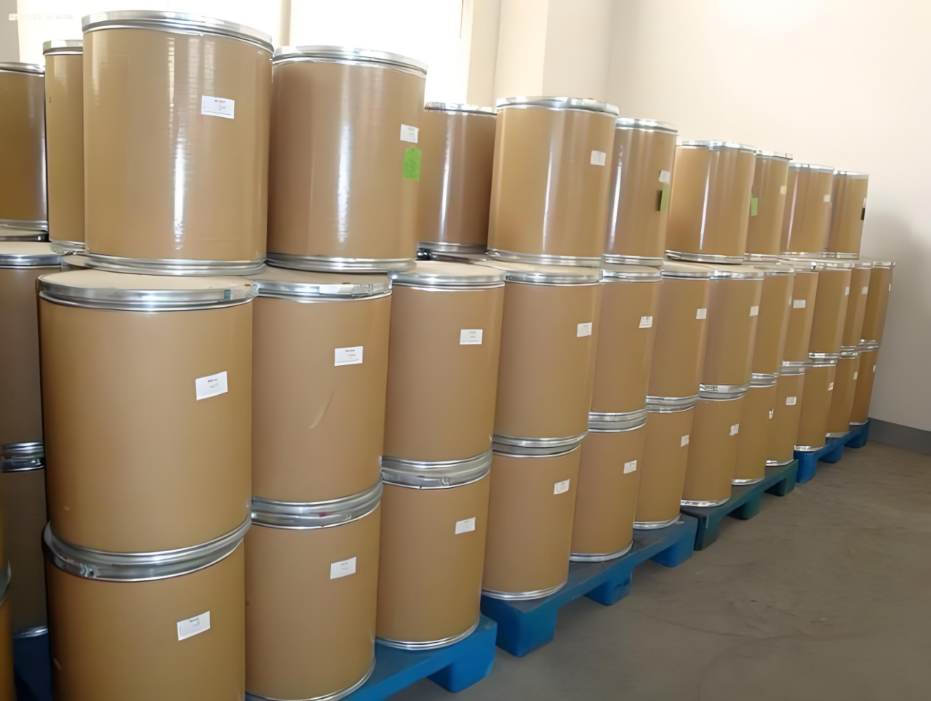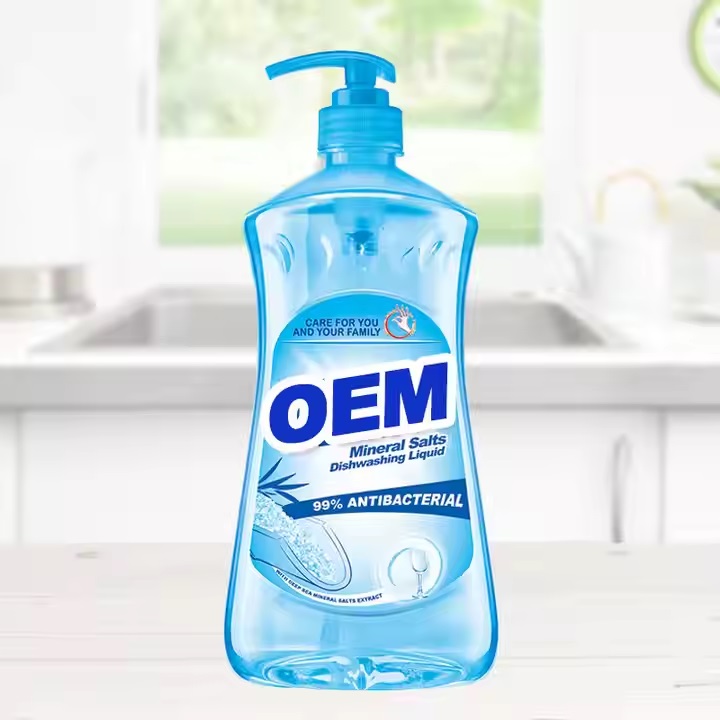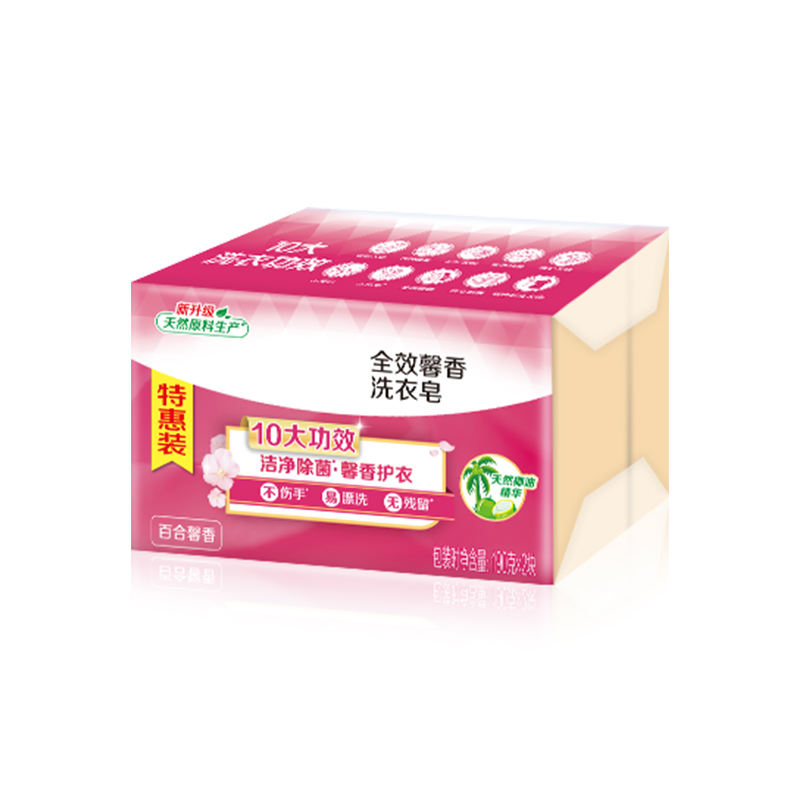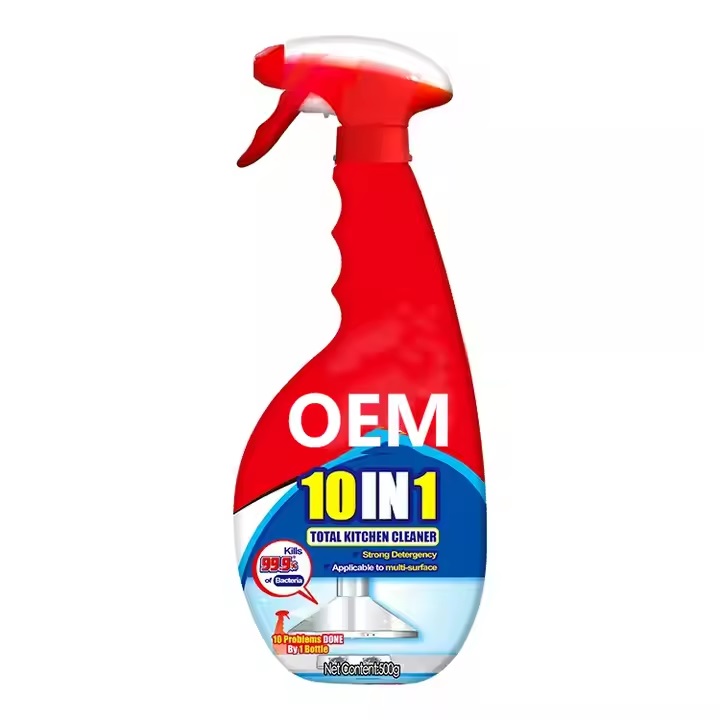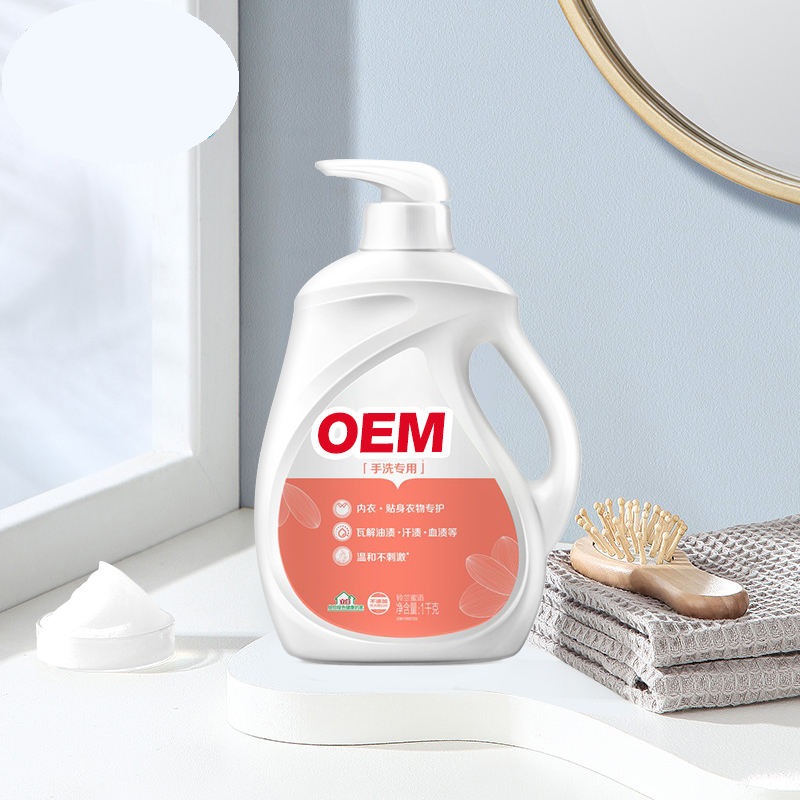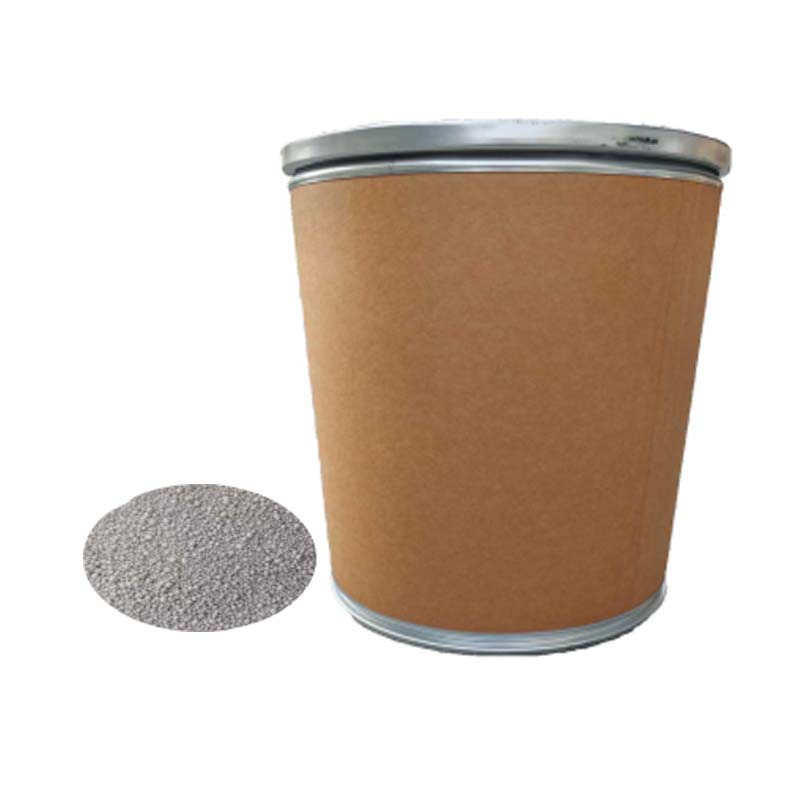
A Brief Introduction to the Application of Protease in Washing
Protease is a type of enzyme that breaks down proteins and is widely used in detergents, especially for protein-based stains (such as blood, sweat, and milk stains). The following are its core applications and working principles:
| Product Category | Product Name | Grade | Product Content | Product CAS Number | Product Brand | Appearance | Specifications | Storage Conditions | Use |
| Enzymes for Washing | Granular Protease | Industrial Grade | <10% | 9014-01-1 | Kunyuan | Off-white free-flowing granules | 35kg/drum | Cool and dry place | Used to remove blood stains, etc. from clothing |
1. Removal of Protein Stains
Mechanism of Action: Protease hydrolyzes peptide bonds in proteins, breaking down large protein molecules into smaller peptides or amino acids, making them soluble in water and easy to wash away.
Typical Stains: Blood stains, milk stains, egg stains, sweat stains, food residues (e.g., eggshells, gravy), etc.
Application Scenarios: In household detergents such as laundry powders, laundry liquids, and dishwashing liquids, particularly for deep cleaning of white or colored fabrics.
2. Enhancing Washing Efficiency and Environmental Friendliness
Synergistic Effect: Often formulated with other enzymes like lipases and amylases to achieve efficient cleaning of mixed stains (e.g., stains containing protein and grease).
Low-Temperature Applicability: Some proteases remain active at low temperatures (30-50°C), reducing energy consumption from high-temperature washing.
Environmental Advantages: High biodegradability, reduces chemical detergent residues, and aligns with green cleaning trends.
3. Industrial and Professional Cleaning Fields
Cleaning of Medical Supplies: Breaks down protein residues (e.g., blood, tissue fluids) on medical equipment to ensure disinfection effectiveness.
Cleaning of Food Processing Equipment: Removes protein-based dirt (e.g., cheese, meat residues) from equipment surfaces to ensure hygiene and safety.
Hotel Linen Washing: Targets sweat stains and sebum stains on sheets and towels, improving whiteness and softness.
4. Technological Advancements and Product Optimization
Alkali-Resistant/Heat-Resistant Protease: Improved through genetic engineering to adapt to high pH (8-10) and high-temperature environments (e.g., above 60°C) in detergents.
Anti-Redeposition Technology: Works in conjunction with dispersants (e.g., PMA-40) to prevent decomposed dirt from re-attaching to fabrics
5. Precautions for Use
Temperature Control: Avoid high temperatures (>60°C) or strongly acidic/alkaline environments that can denature enzyme activity.
Pre-soaking: Detergents containing protease require pre-soaking clothes in warm water to activate the enzyme.
Sensitive Individuals: Some proteases may cause skin allergies; wearing gloves is recommended during handling.
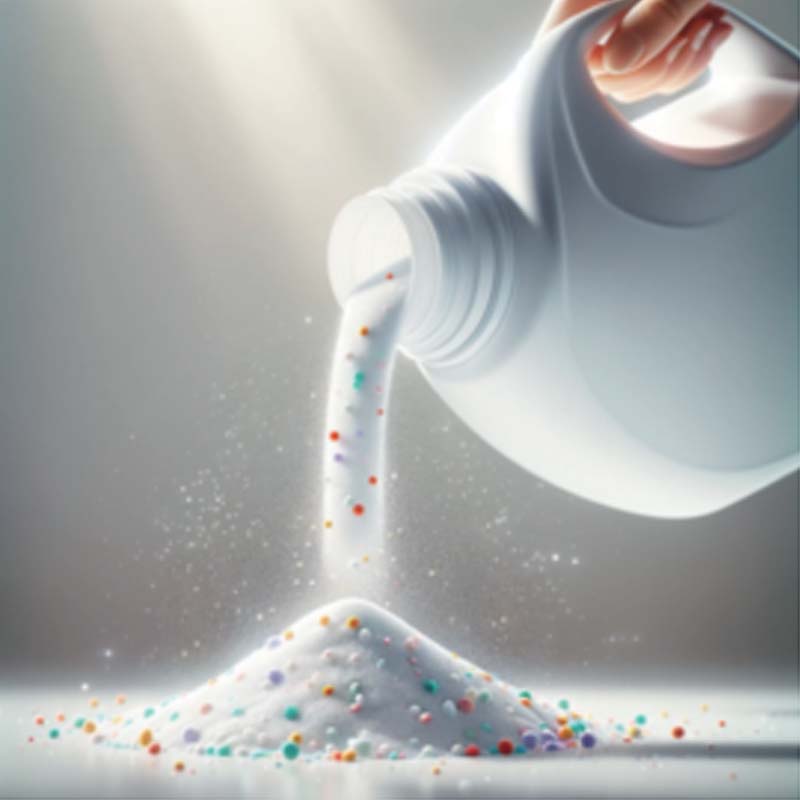
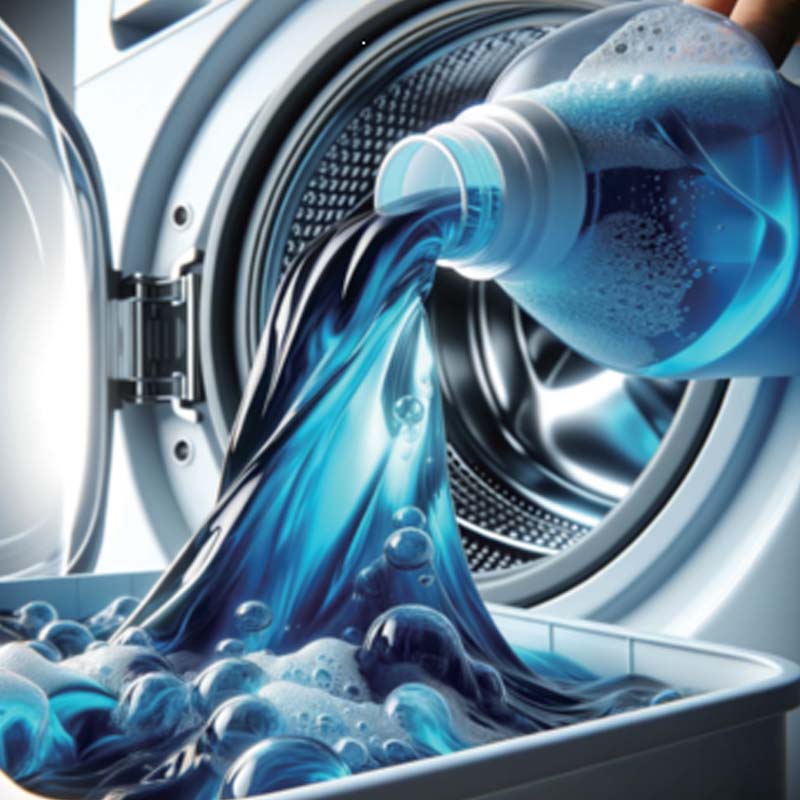
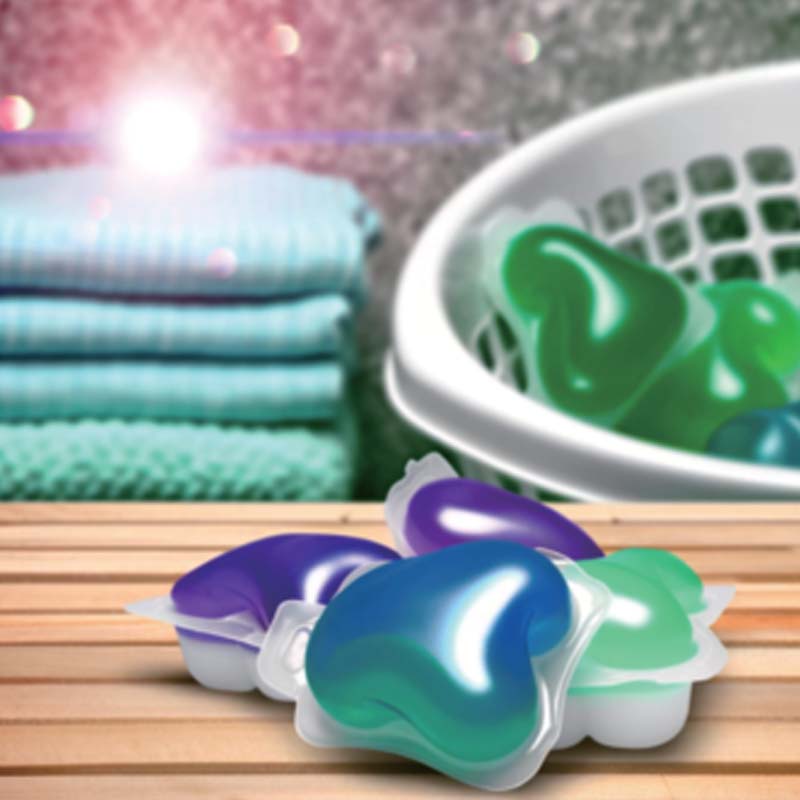
Honor Certificates
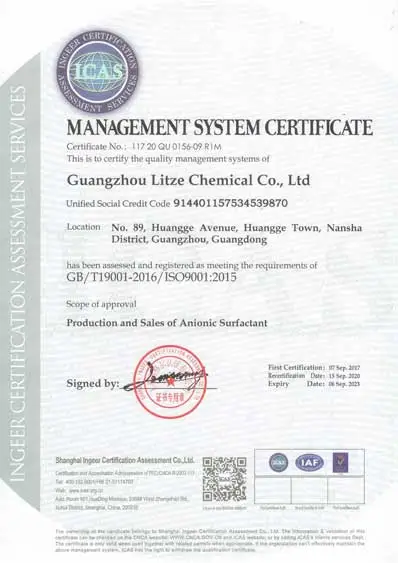
ISO9001
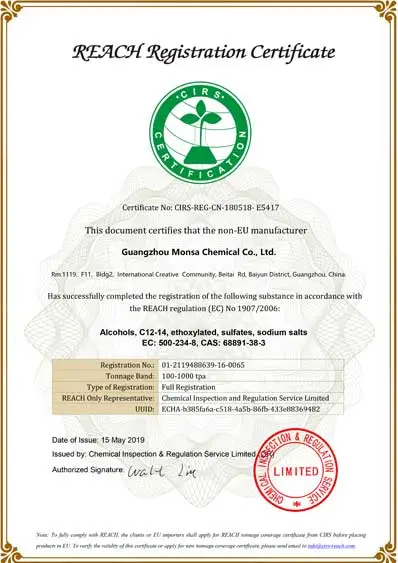
Reach Certificate
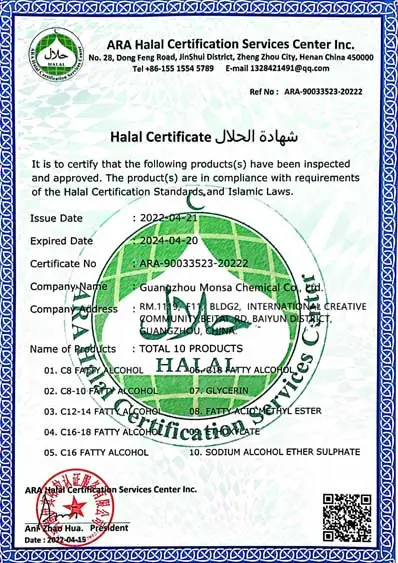
Halal Certificate
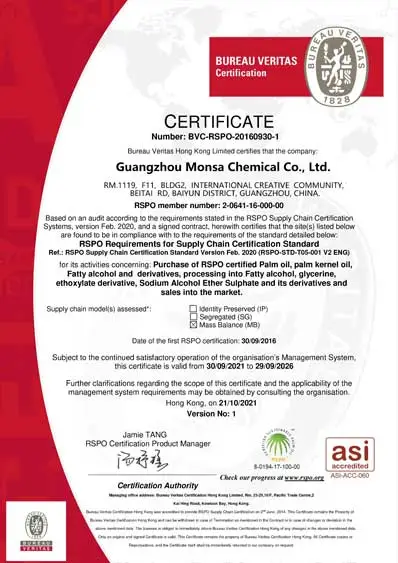
Bureau Veritas
Conclusion
Washing proteases significantly enhance cleaning effectiveness by efficiently breaking down protein stains, while also driving detergents towards being more environmentally friendly, low-temperature, and multi-functional. Their applications have expanded from household use to industrial and professional fields. With the advancement of enzyme engineering technology, their performance will become more stable and their applicability wider in the future.
